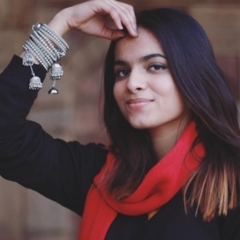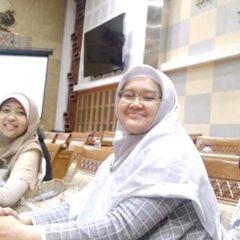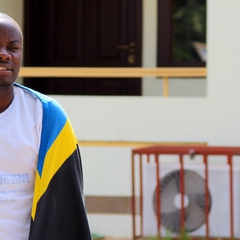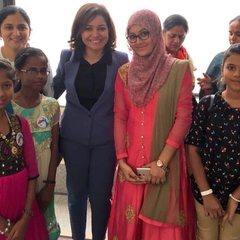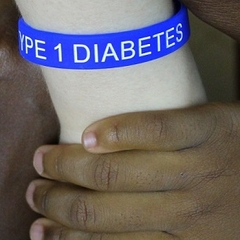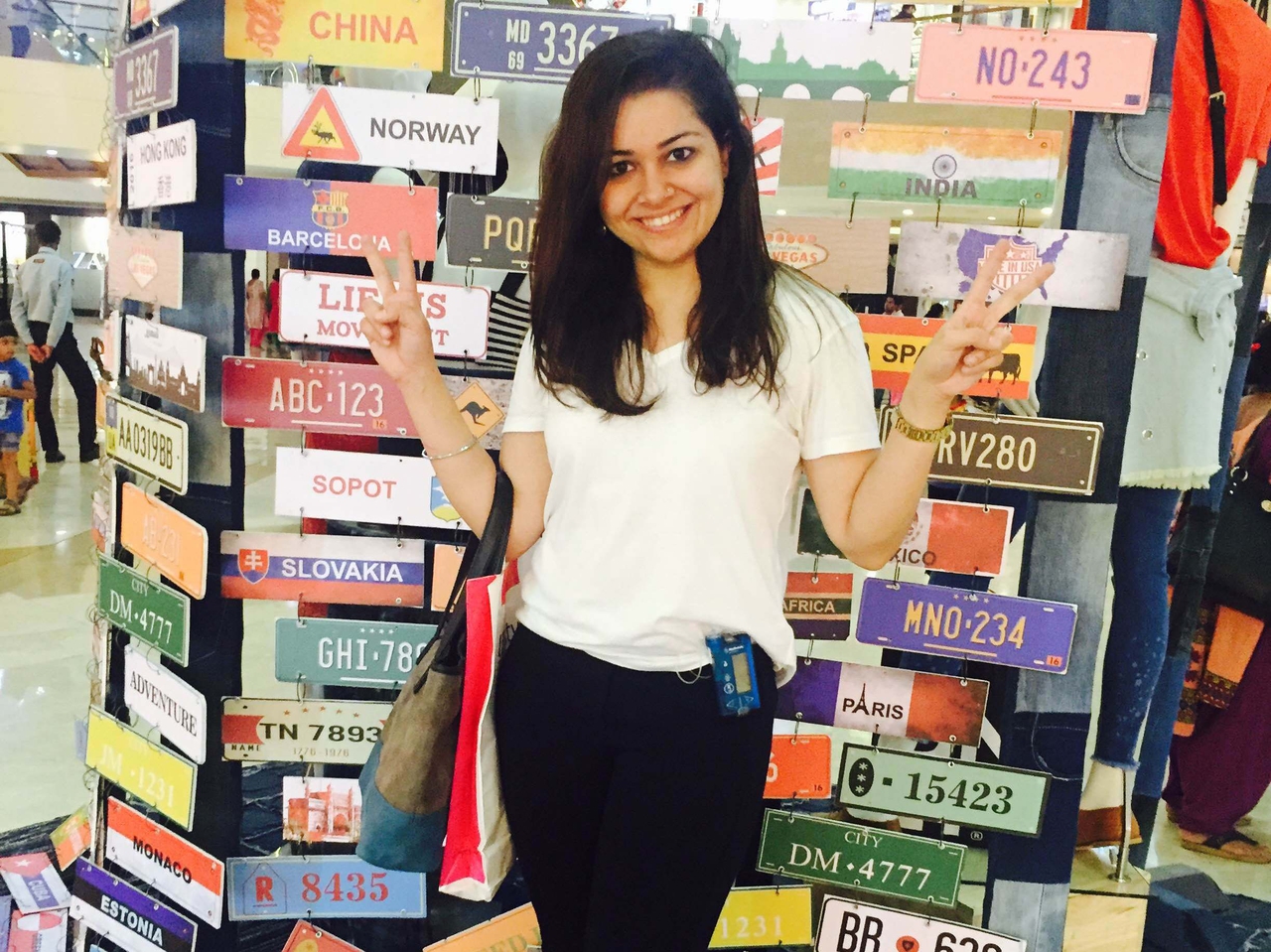
Stigma and other Struggles: Living with Type 1 in India
19 Jan 2016, 3:31 p.m. in Global Stories by Apoorva Gomber
After my diagnosis I was told to hide my type 1 diabetes because in India any chronic illness comes with a whole lot of social stigma, even in a well-educated family. I used to go into washrooms before every meal to inject my insulin. I used to hide my insulin pens and my glucometer. I could not share how I felt everyday with anyone and I did not like that I was forced to eat even when I was not hungry. The low and high sugars and injecting high doses of insulin was making me so irritated that I decided to stop injecting insulin for some time. I stopped talking to people because I was feeling something awful that I would never want anyone to go through. I just couldn’t handle anything in life which was making me very negative. I wanted to talk and meet people living with similar problems but I could never find any diabetes camps or diabetic friendly groups in my country to help me.
Somehow, the years of denial, anger and frustration passed. I feel fortunate that now, after joining the field of medicine, I can understand my disease. I gradually opened up to my close friends who could understand me because they were also future doctors of India.
I still struggled to get everything in balance. It took me a very long time and during that time I thought ‘’If it’s so difficult for me then how would the underprivileged be handling this disease in India?’’ During my internship days in the hospital I had so much sympathy for any diabetic who was admitted. I met young patients whose families couldn’t even afford insulin. I used to love speaking to young and old diabetics and supporting them to get through this, but often all I could see was shattered eyes as if something deadly happened. People wouldn’t open up! I learned that it was not just me. People ignore and hide their diabetes because it is considered a big flaw and a big barrier.
I will not deny that people who can afford good hospitals and have access to dietitians have an easier time. Think about a low or middle class family who cannot afford insulin or the blood test strips. Speaking to dietitians, getting meal plans, and understanding how to manage their condition are hardly part of their treatment if they cannot get the basics.
Because the doctors are so busy in our country, all these aspects are often ignored. If a child doesn’t know how to eat and how much insulin to inject, how would you expect them to have good blood sugar control? But all we medical professionals do is look at numbers. ‘’Why is your HbA1c high?’’ ‘’Why do you eat this?’’ ‘’Why can’t you bolus more insulin?’’ ‘’Low sugars? Reset the insulin dose!’’ There also a lot of unawareness in our country. It’s not just an unawareness of what type 1 diabetes is, but there are also myths from ‘’She ate too much sugar’’ to ‘’It’s all in the family!’’ I feel lucky that I have doctors at my house and easy access to insulin, diabetic supplies and whatever else I need.
After 7 years, I am now on an insulin pump now. A pump is considered very expensive in India, but there was no other option because of my irregular working hours at the hospital and my bad meal-insulin routine. Before the pump, there were days when in a hurry I used to forget my insulin pens and then had to go without food. Even after getting on the insulin pump there were times when I was not allowed to enter the examination hall to take my exams with my pump and emergency supplies. They tried to make me remove my insulin pump before taking the exam, which of course I could not do!
We don’t have insurance in India for people with type 1 diabetes, so we buy everything, including blood sugar strips, glucometers and insulin. It’s our lifeline and we can’t live without it! They say money can’t buy you happiness but sometimes I wonder, if there was no money how could have I survived this long? I have only managed because I can afford insulin. Insulin has saved me and I am happy that I was diagnosed at the right time, but this sweet disease doesn’t bring with it a sweet story. It took me a long time to get everything sorted. I still learn everyday because each day is a new challenge. However, I am really very fortunate because I have access to everything I need. Not to mention, diabetes has taught me how to stay positive in the worst of the situations.
With my strength I want to help everyone in my country who is living with this silent disease. I encourage people to come out and open up so they don’t let it silently kill them emotionally and physically. There is a lot to be done and I want to bring a better understanding about living with diabetes to India as well as affordable and easy access to insulin for all! I support the #insulin4all mission!
Apoorva has had Type1 diabetes for 8 years. She has completed Medical school and is planning to pursue her post graduation in Diabetes & Endocrinology. Her passion is to ensure provision of basic health & emotional care to people with diabetes and she is keen to spread awareness and tackle the myths and misconceptions that come along with the disease. She is a T1International Global Advocate.




